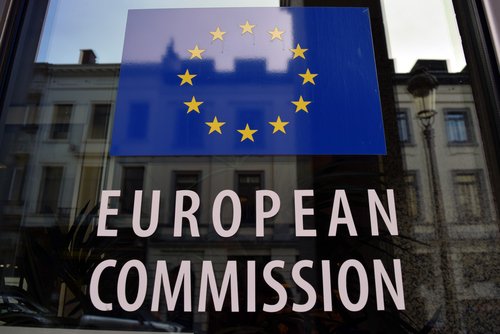Belgium, (Brussels Morning Newspaper) The European Commission stressed the importance of implementation of cultural changes to strengthen the green push.
The EC pointed out in a statement on Thursday that Mariya Gabriel, European Commissioner for Innovation, Research, Culture, Education and Youth, welcomed plans to use culture to achieve EC’s Sustainable Development Goals.
The Commission noted that a recent report focuses on this approach and stressed that culture “must be at the heart of any transformational path for human development.”
“With the support from the Commission, the experts formulated a set of recommendations to rethink the relationship between humans and nature, to fuel our cultural imagination for a liveable, sustainable future,” the EC stressed.
Gabriel expressed belief that culture “is a catalyst that helps us question our way of life that helps us initiate the changes we want to see.”
She welcomed the report and added that it will “provide concrete insight on our path to a brighter, more sustainable future.”
Authors propose measures
One of the proposals in the report is to introduce the Earth Overshoot Day, to be marked each year when “humanity’s demand for natural resources surpasses the Earth’s ability to renew them.”
Authors of the report suggest that “awareness on this particular day could be raised several times during the year, with five annual moments for sustained cultural action and cooperation.”
The Commission noted that activism is a tool that can be used to raise awareness of “social injustice, inequalities, lack of gender equality, loss of biodiversity, lack of food security, climate change” and other parts of the UN’s 2030 Agenda for Sustainable Development.
The body called for more activism in art to ensure that “objective of the European Green Deal and the sustainable development are met.”
At the same time, the EC stated that artistic freedom should be at the core of mobilising young people to support the green push.
The Commission noted that it is working on a report within its current Work Plan for Culture 2019-2022 to promote its cultural initiatives for increasing support for the green transition.
The body concluded that “transformation pathways led by culture, as well as re-designing cultural governance towards a more coherent policy framework, is key to… making the turnaround towards sustainability.”




